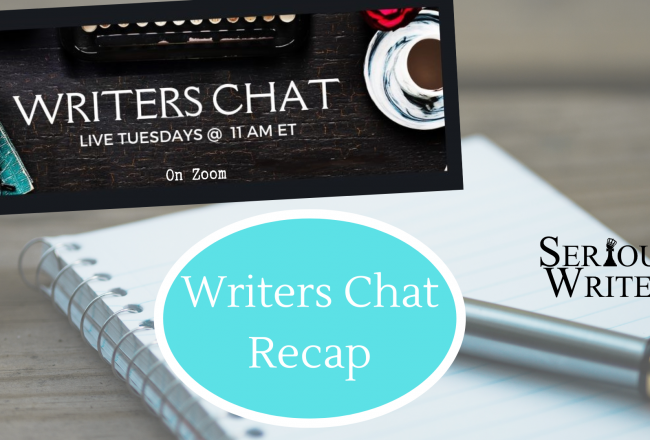
How to Use the 4-P’s of Marketing While Waiting for Your Book to be Published by Lauren Crews
I heard a recent statistic. It takes three to eight years to publish a book. For a writer, especially…
April 8, 2018
I heard a recent statistic. It takes three to eight years to publish a book. For a writer, especially…
April 8, 2018
Which world, or sub-genre, does your novel belong to? Bookstores have general genre sections in which to categorize their…
April 7, 2018
In this episode of Writers Chat, writer and typesetter Rhonda Dragomir offers valuable tips to save you weeks of…
April 5, 2018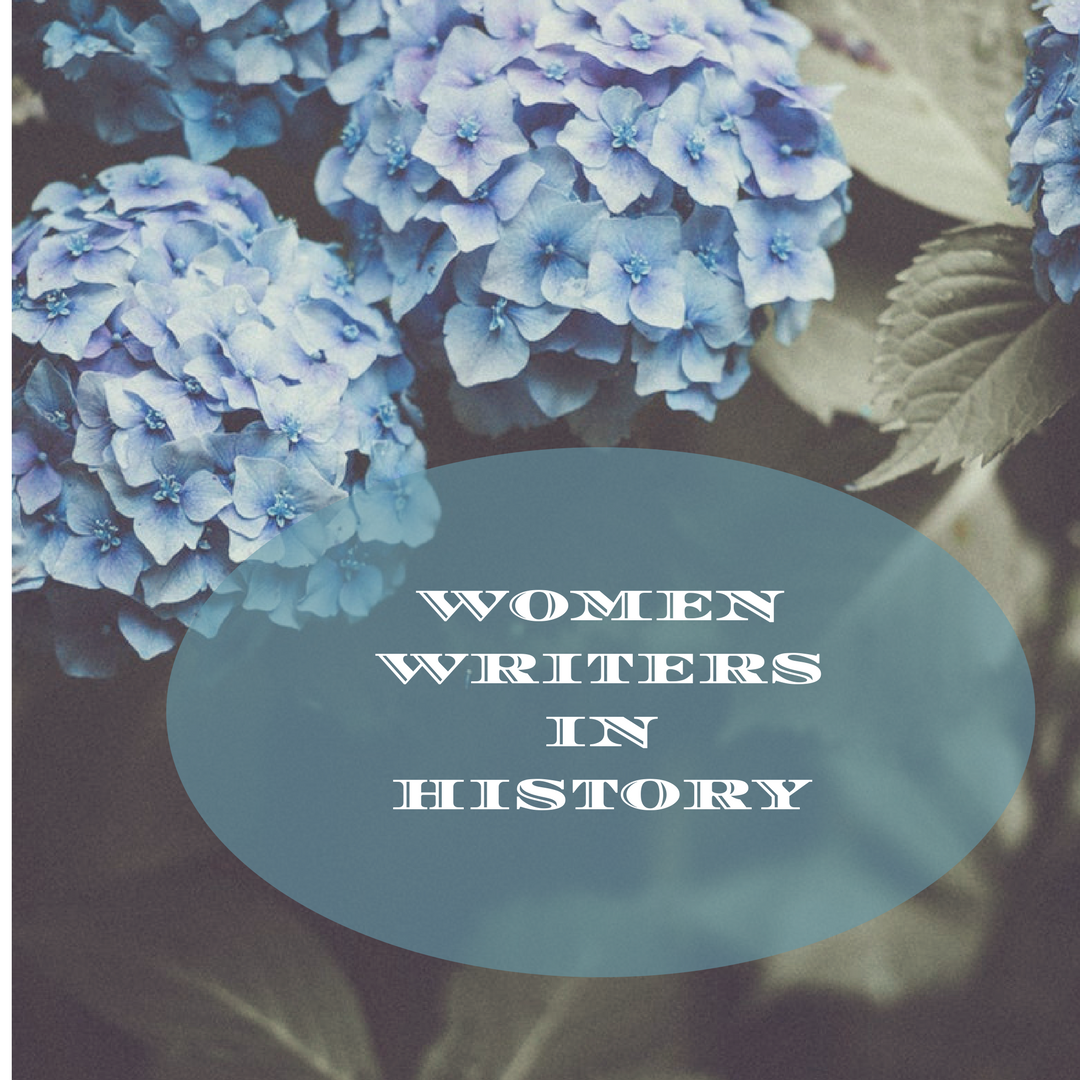
There is something delicious about writing the first words of a story. You never quite know where they’ll take…
April 3, 2018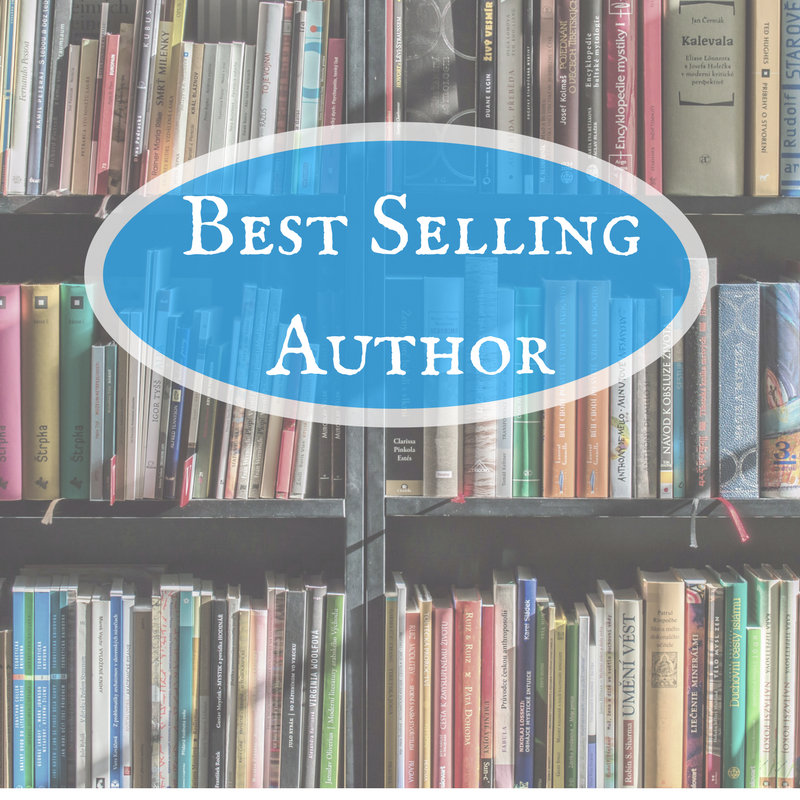
Can you share a little about your recent book – My most recent book, published in January 2016 by…
April 1, 2018So you’ve finally finished your first draft. Congratulations! Truth is, you’ve only just begun. In this episode of Writers…
March 30, 2018
My youngest child was almost ready for kindergarten. After being a stay at home mom for ten years, I…
March 30, 2018
The desire to write has burned in me ever since I was in middle school. I grew up in…
March 29, 2018
Many people have never heard the expression a right smart. It has nothing to do with how smart a…
March 29, 2018
This month marks my one-year anniversary as the copywriting guy on Almost An Author. Have I convinced you yet…
March 28, 2018
When I first started writing back in the dark ages, my scenes were terrible. I didn’t have anything for…
March 27, 2018
Jane M. Tucker & Family Charm Genre: Historical Fiction The charm and fascination of her husband’s large family…
March 26, 2018
Congratulations, the agent, and publisher liked what they read in your Cover Letter, and opened the door to the…
March 25, 2018
Reasons Why Writers/Authors Don’t Start A Blog Perhaps a friend has suggested you should start a blog, and you…
March 25, 2018A friend of mine edited my latest manuscript for me. She mentioned that I have a tendency toward not…
March 23, 2018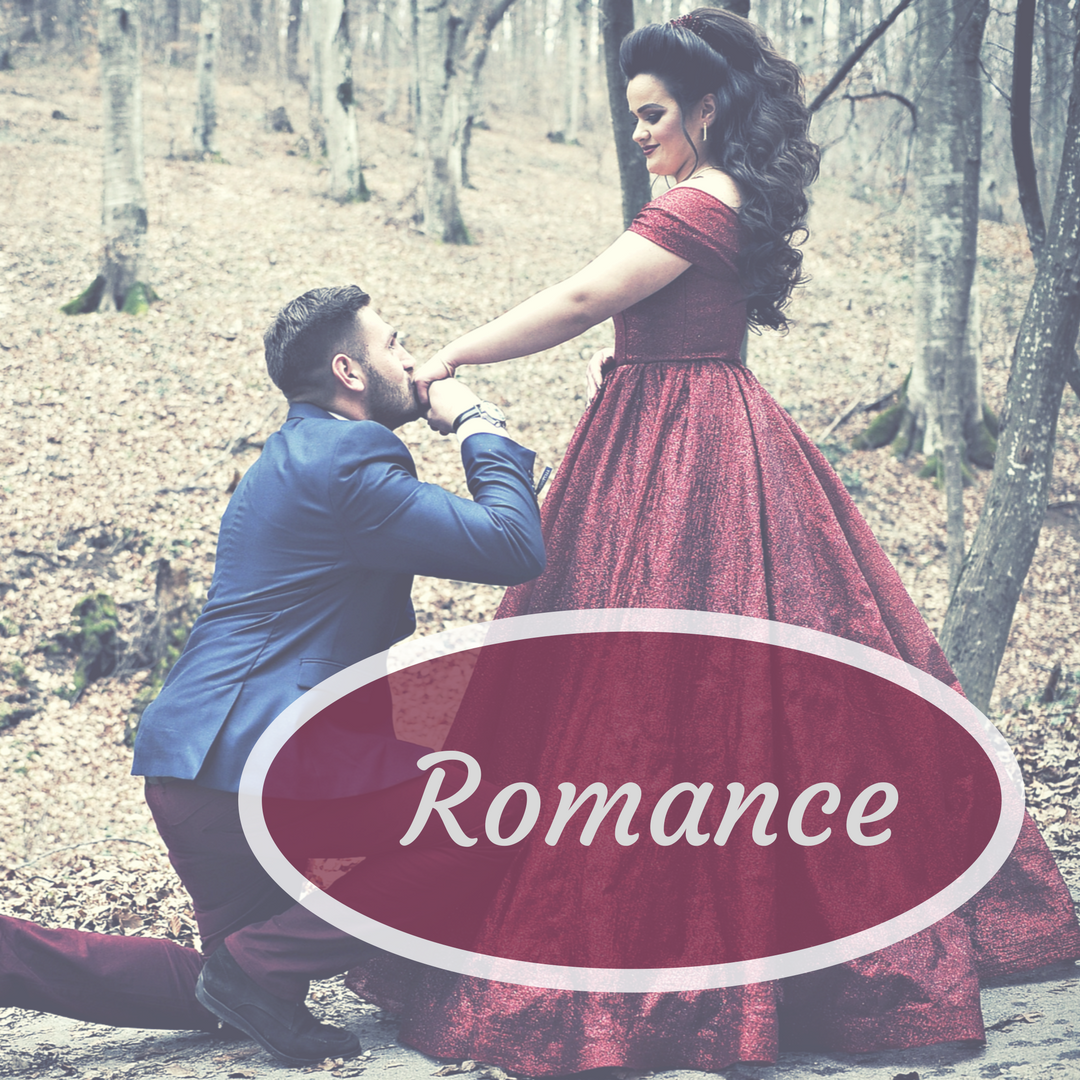
[bctt tweet=”Judah is going to be the man for Tovah. A romantic hero should be handsome and strong, sweet…
March 23, 2018
Writing devotionals brings unique challenges that thrill anyone who’s discovered the joy of digging deep into Scripture. On this…
March 22, 2018
According to Elaine Marie Alphin (Creating Characters Kids Will Love p. 2) “Kids read because a magical closeness springs…
March 21, 2018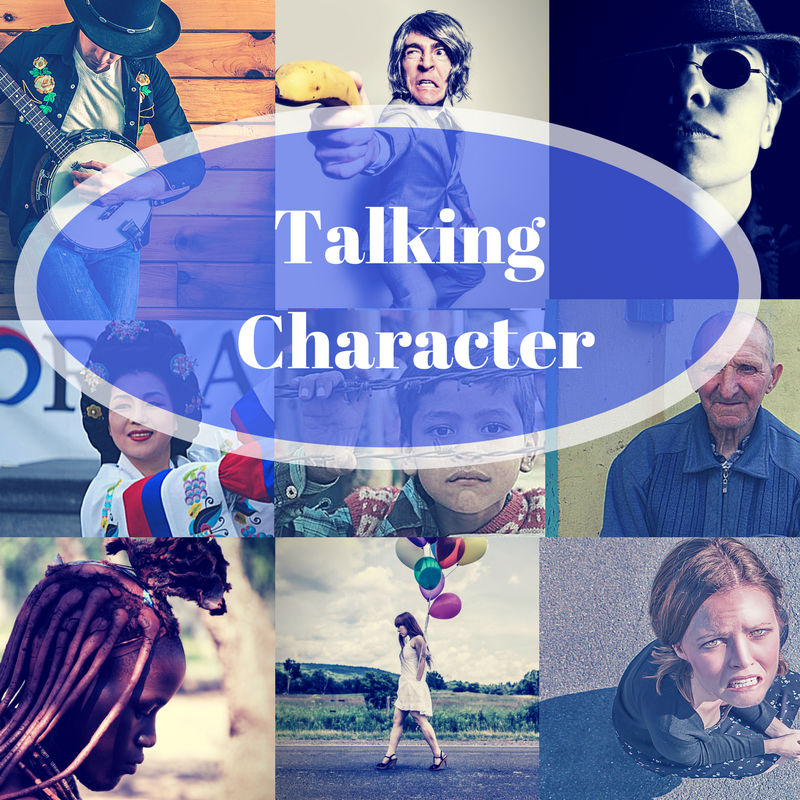
Why do we love a good series? Because we love the characters and the kinds of situations they get…
March 20, 2018
Once upon a time, God created the heavens and earth. And God saw that it was good. Then He…
March 19, 2018
I had grand aspirations for this month’s post, involving a poll, some original photography and maybe even a snappy…
March 15, 2018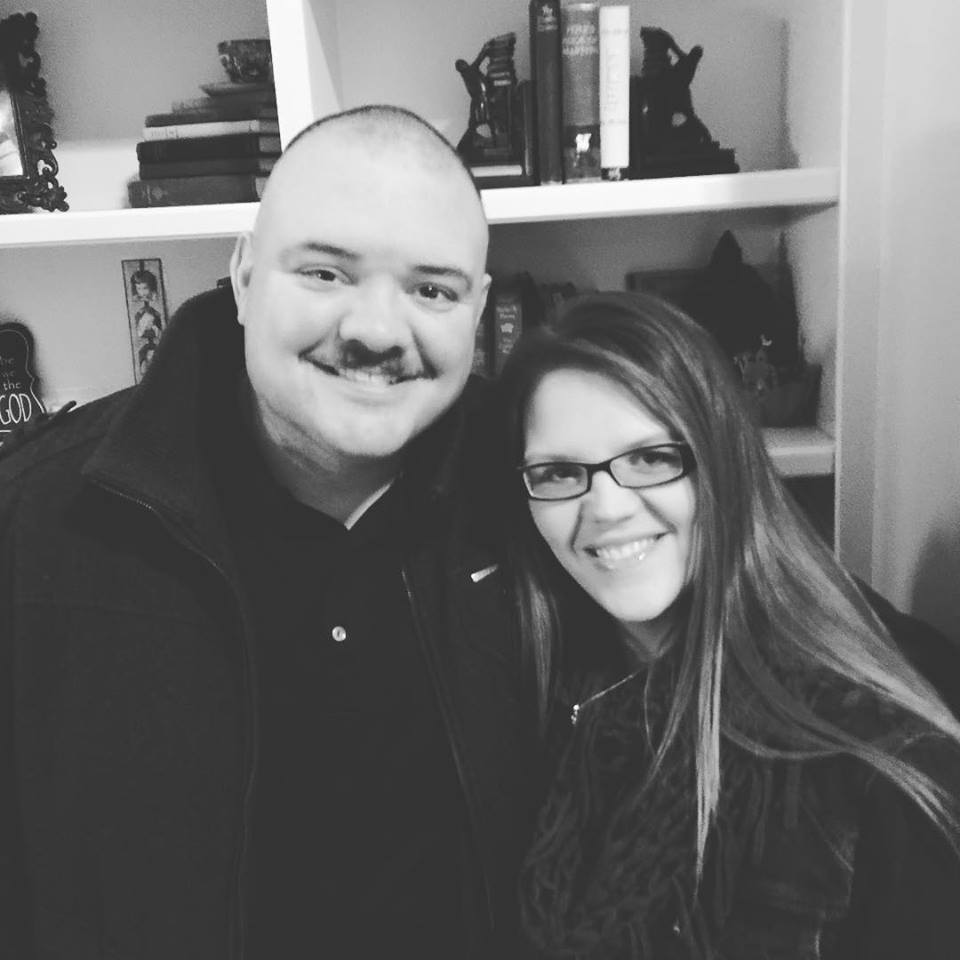
Ever felt like your writing career was stuck? Writer, editor, and encourager extraordinaire Callie Daruk shares how the balance…
March 14, 2018
When the slick full-color magazines arrive in your home, many writers would like to write for those magazines and…
March 13, 2018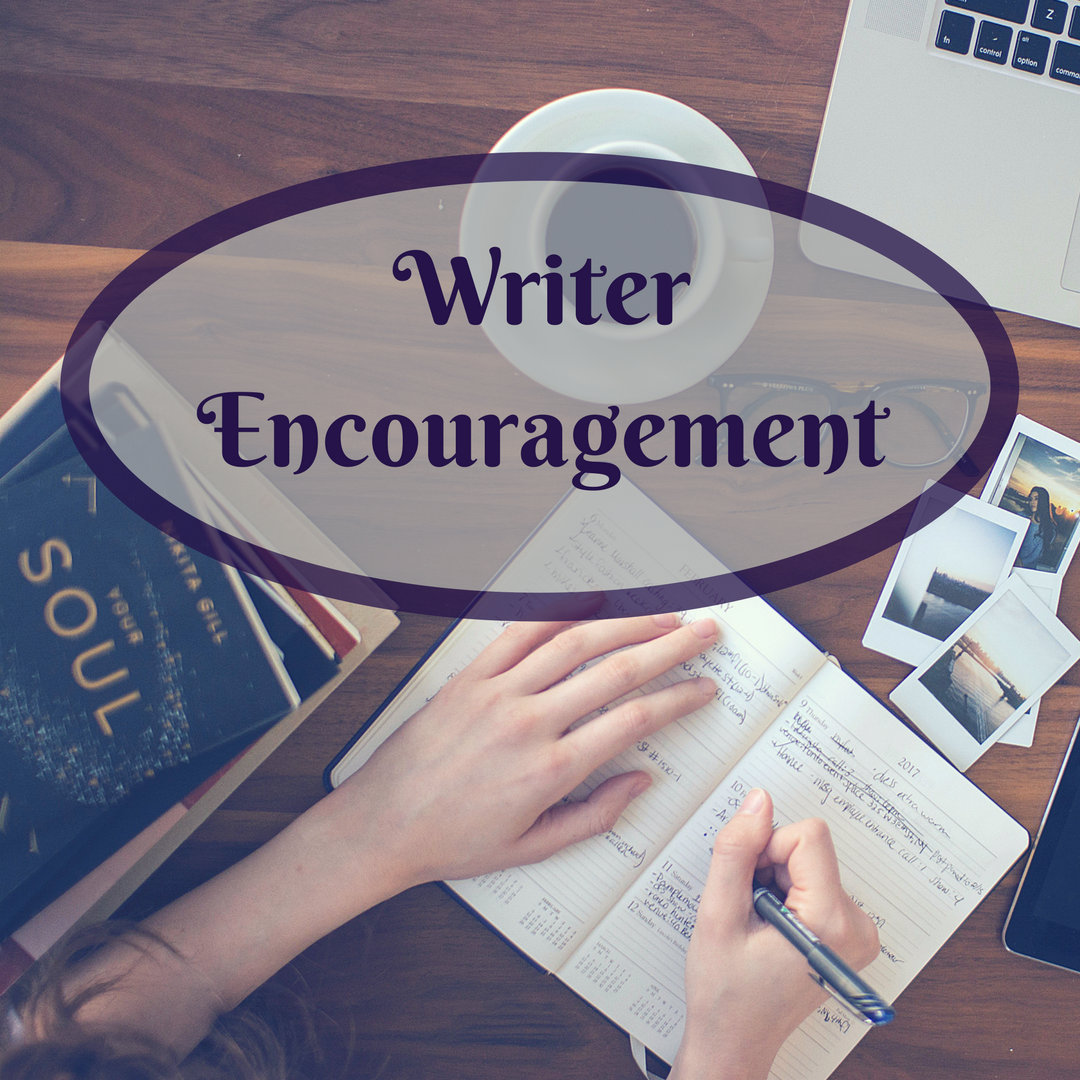
With the passing of evangelist Billy Graham this week, the man’s legacy has been much on my mind. Billy…
March 11, 2018
Marketing isn’t exactly an author’s favorite job. After all, aren’t writers supposed to keep producing books and rely on…
March 9, 2018


